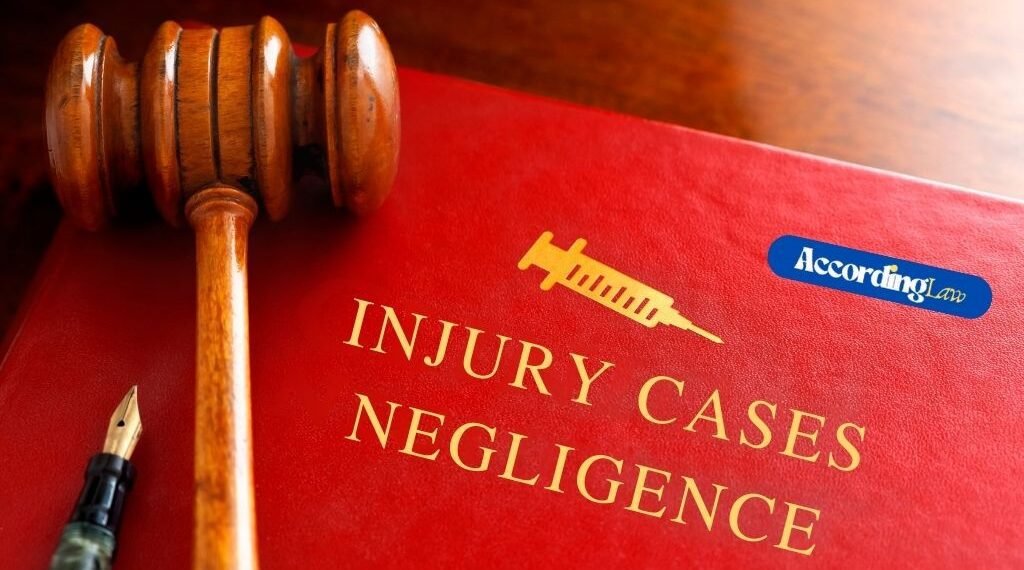Oregon’s comparative negligence laws can reduce or even eliminate compensation for victims who share partial fault for an accident. For this reason, securing strong representation for accident victims in Oregon is essential to minimize liability and protect recovery rights. This article explains how these laws operate and why they complicate claims.
Table of Contents
Understanding Oregon’s Comparative Negligence Laws
The Basics of Comparative Negligence
In the realm of personal injury law, comparative negligence is a pivotal concept. It refers to a legal doctrine used to allocate fault among parties involved in an accident. In Oregon, this system is particularly significant because it influences the extent to which an injured party can recover damages. Under Oregon’s modified comparative negligence rule, an injured party can pursue compensation only if they are found to be less than 51% at fault for the accident. This means the plaintiff’s compensation is reduced proportionally to their degree of fault.
Implications for Personal Injury Cases
Navigating the intricacies of Oregon’s comparative negligence laws can be daunting. These laws introduce a level of complexity that necessitates a robust legal strategy. For accident victims, it is crucial to present solid evidence that minimizes their share of fault. The burden of proving the other party’s greater responsibility falls upon you, the claimant. This makes meticulous documentation and expert witness testimonies invaluable.
Strategies for Minimizing Liability in Personal Injury Claims
Understanding Comparative Negligence
In Oregon, the principle of comparative negligence can significantly affect the outcome of personal injury claims. Under this rule, compensation for damages is reduced by the percentage of fault attributed to the injured party. Therefore, understanding the nuances of comparative negligence is essential in developing effective strategies to minimize liability. Familiarizing yourself with the laws and precedents governing these cases can provide a roadmap to navigate the complexities involved.
Gathering Robust Evidence
Building a compelling case requires gathering comprehensive evidence to support your claims. This includes collecting medical records, obtaining eyewitness testimonies, and documenting the accident scene meticulously. Photographs, video footage, and expert testimonies can bolster your position by providing a clear narrative that reduces your perceived level of fault. The strength of your evidence directly impacts your ability to negotiate effectively, highlighting the importance of thorough preparation.
Proactive Communication with Insurance Companies
Engaging proactively and strategically with insurance companies is another vital element in minimizing liability. Insurance adjusters often attempt to reduce claim values by assigning more fault to the claimant. Preparing a solid case and being well-versed in the details of your accident helps counteract these tactics. Clear, factual communication and the provision of irrefutable evidence can ensure that your stance is compelling and difficult to undermine.
The Importance of Strong Legal Representation in Oregon
Navigating Complex Legal Terrain
In Oregon, the labyrinthine nature of comparative negligence statutes demands astute legal guidance. When you’re involved in a personal injury case, understanding each nuance of these laws becomes critical. Without proficient legal representation, you might find yourself unwittingly undermined by the very system designed to protect you. Attorneys specialized in Oregon’s personal injury landscape possess the adeptness to unravel these complex regulations, ensuring you are neither underrepresented nor unfairly penalized.
Mitigating Liability Risks
The crux of comparative negligence lies in its potential to diminish or entirely nullify your compensation based on your perceived fault in an accident. Strong legal counsel can be pivotal in mitigating these risks. By meticulously examining evidence, conducting thorough investigations, and strategically presenting your case, a seasoned attorney works to minimize your liability. This proactive approach not only safeguards your rights but also amplifies your chances of securing a fair settlement.
Enhancing Negotiation Power
Moreover, legal representation enhances your negotiation leverage. Insurance companies often employ aggressive tactics to diminish their payouts, banking on victims’ lack of legal prowess. An experienced attorney, however, is unfazed by such maneuvers. They bring a wealth of negotiation skills to the table, adeptly countering low-ball offers and ensuring that any settlement reflects the true extent of your injuries and losses. This level of advocacy is invaluable in protecting your interests throughout the litigation process.
Securing Just Compensation
Ultimately, the presence of a competent attorney can significantly influence the outcome of your case. With their expertise, you are better positioned to navigate courtroom intricacies and secure the compensation you rightfully deserve. Without this professional support, the comparative negligence system can be a quagmire, potentially leaving you with less than you need to recover fully.
Final Thoughts
Navigating the complexities of comparative negligence in Oregon’s personal injury cases requires astute awareness and strategic legal guidance. As you delve into the nuances of these laws, it becomes clear how they can significantly impact the outcome of compensation claims.
By understanding the mechanisms at play, you are better positioned to advocate for your rights and ensure that liability is fairly assessed. The key lies in securing adept representation for accident victims in Oregon that can adeptly navigate these intricacies, thereby safeguarding your right to recovery.


